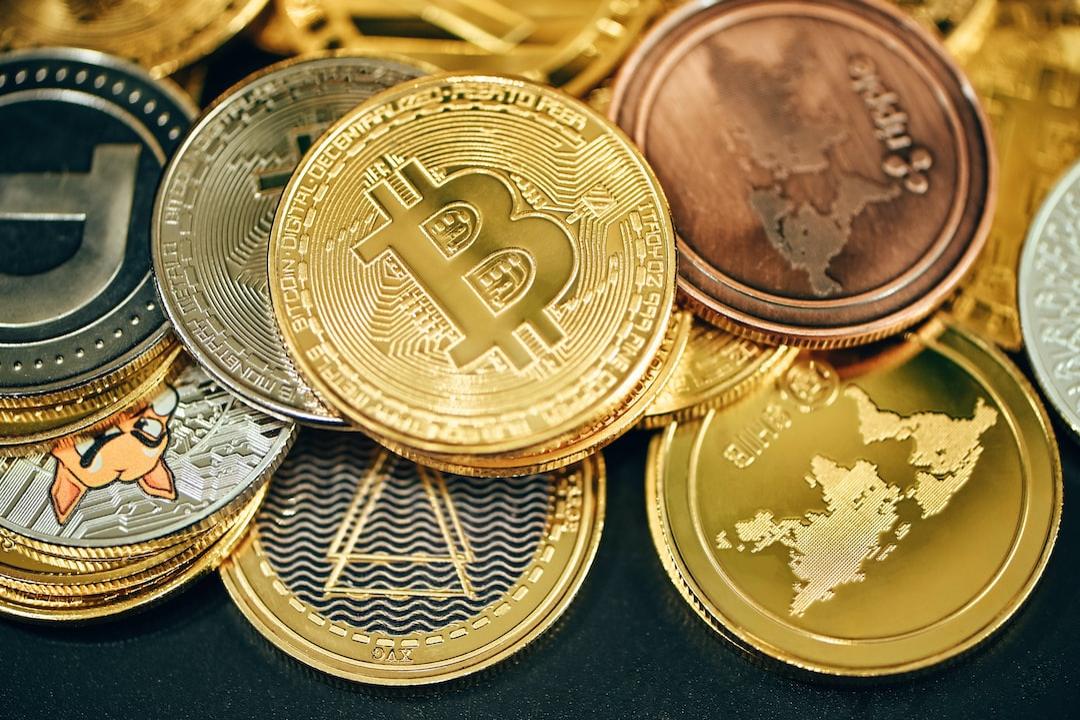India is set to introduce a more efficient trade settlement mechanism for its stock market in order to stay competitive against the growing popularity of crypto exchanges. The Securities and Exchange Board of India (SEBI) Chair, Madhabi Puri Buch, has announced plans to implement a T+0 trade settlement cycle by March 28. This optional service caters specifically to traders who require same-day settlement.
Currently, the Indian stock market operates on a T+1 settlement cycle, meaning that all stock trades are settled the day after they are made. The transition to T+0 is seen as crucial in order for the Indian stock market to effectively compete with cryptocurrencies. Buch believes that investors now expect instant settlements, and if the regulated stock market cannot provide this, investors will turn to the crypto world, where it is already offered.
SEBI states that the T+0 and instant settlement cycle will offer advantages such as immediate receipt of funds and securities for investors. Additionally, same-day settlements will eliminate the risk of settlement shortages and give investors greater control over their funds and securities.
In related news, the Financial Intelligence Unit (FIU), an agency under India’s Ministry of Finance, has issued noncompliance notices to several crypto exchanges. Binance, HTX, Kraken, Gate.io, KuCoin, Bitstamp, MEXC Global, Bittrex, and Bitfinex were all given 12 days to comply with Indian Know Your Customer and Anti-Money Laundering regulations after being accused of illegal operations in India.
Despite its cautious approach to cryptocurrencies, India continues to embrace blockchain technology in various nationwide initiatives. The country has recently revealed that it has over eight million government-issued documents stored on five different blockchain platforms. India primarily utilizes Hyperledger Fabric, Hyperledger Sawtooth, and Ethereum to develop blockchain products, including certificate chain, document chain, drug logistics chain, judiciary chain, and property chain.
Overall, as India introduces a faster trade settlement mechanism for its stock market, it aims to address investors’ growing preference for instant settlements and enhance its competitiveness against crypto exchanges.

